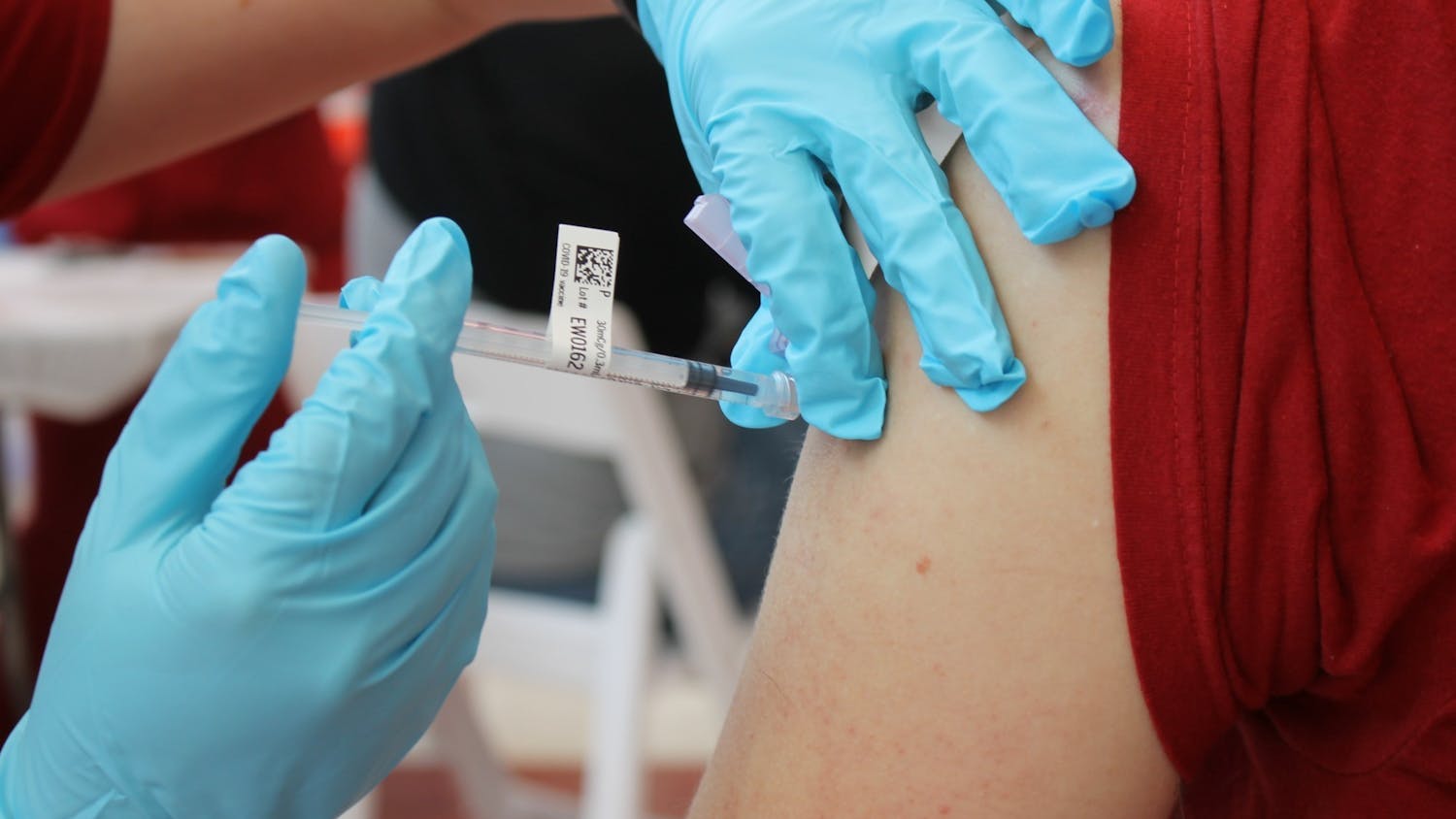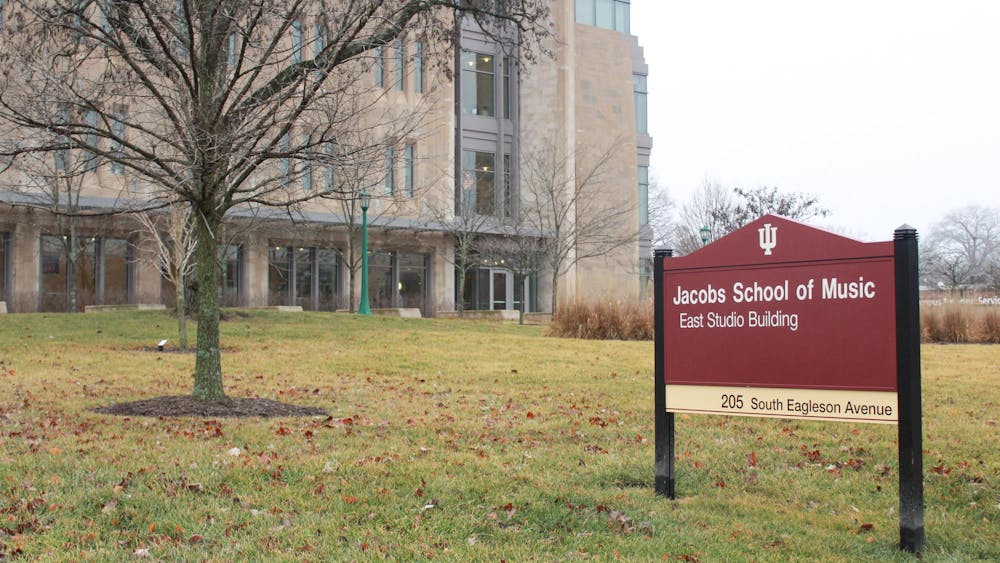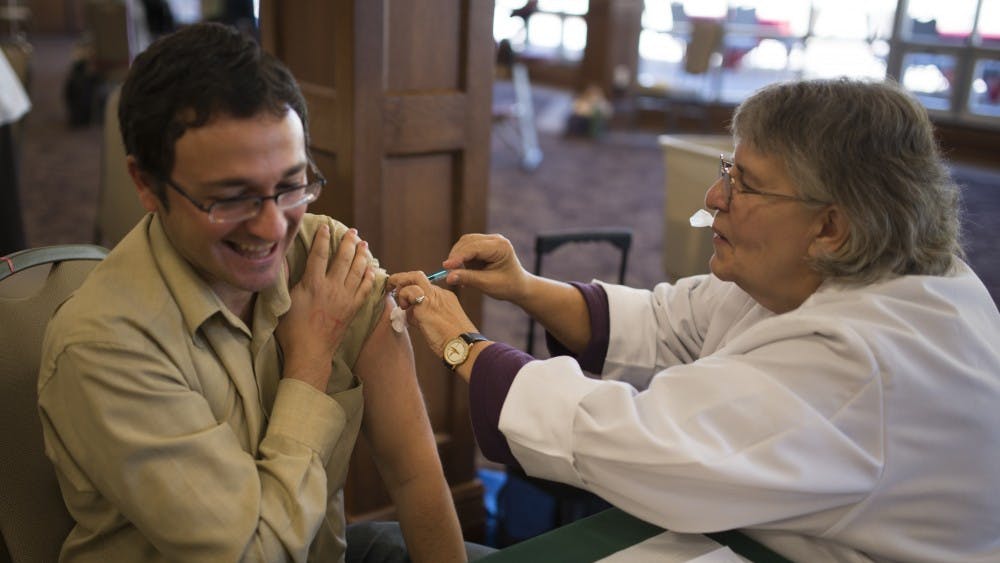Babies who are born early by elective deliveries will no longer be paid for by Indiana Medicaid.
The Family and Social Services Administration decided in order to improve Indiana’s infant mortality rate and the overall health of newborns, it would no longer pay for elective early deliveries.
In 2011, the Indiana infant mortality rate was 7.7 deaths per 1,000 live births, making the Hoosier state sixth highest in the nation for infant mortality, according to a press release.
If a baby is born on or after July 1, 2014, Medicaid will not pay a hospital or doctor for the delivery of a child prior to 39 weeks gestation.
“If the doctor determines an early birth is medically indicated based on the criteria provided by the policy, Medicaid would still pay,” said James Gavin, FSSA director of communications and media.
Examples of approved medical indications include chronic hypertension, fetal abnormality and diabetes mellitus, according to a May 5 Individualized Health Care Plan bulletin release.
The FSSA decided to stop paying for the deliveries because doctors were scheduling early elective deliveries without meeting any criteria, Gavin said.
When babies are born early it can lead to adverse respiratory outcomes or require the baby be placed on ventilation, Gavin said.
It can also demand an extended stay and admission to the Neonatal Intensive Care Unit.
“Early birth would result in additional costs during the newborn period because there is a higher rate of NICU admissions,” Gavin said.
The FSSA foresees this decision could save unneeded costs.
The policy change could improve the chances of healthier babies being born, Gavin said.
“This action sends a strong and clear message that we will not tolerate dangerous and unnecessary early childbirths, which puts our newborns at risk and increases costs in Medicaid,” Indiana Medicaid Director Joe Moser said in the press release.
Angela Hawkins
Medicaid to stop covering early elective childbirths
Get stories like this in your inbox
Subscribe




